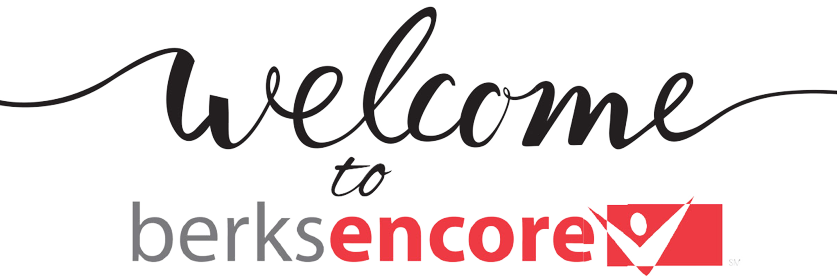Do you want to make a B-I-G Difference in the lives of local seniors?
Use Your R-M-D as a Q-C-D to make a B-I-G Difference!
By Lori Gerhart, VP Advancement
As the end of the year approaches, Berks Encore and other non-profits will be reaching out for support to help wrap up the year. Like many other organizations, gifts received at year-end make up a significant amount of the financial support we receive annually. When making a decision about your giving, you may want to explore charitable giving through a Required Minimum Distribution (RMD) from a retirement account. This strategy not only benefits the nonprofit you choose to support but can also provide
TAX advantages for you!
Understanding RMDs. For individuals aged 73 and older, the IRS mandates that a portion of your retirement accounts, such as traditional IRAs and 401(k)s, must be withdrawn each year. These withdrawals can be subject to income tax, which can significantly impact your tax liability. If you are charitably inclined, you can direct your RMDs to qualified charities through a Qualified Charitable Distribution (QCD).
HOW TO MAKE CHARITABLE DONATIONS USING RMDS
1. Eligibility: To use your RMD for charitable donations, ensure the charity is recognized by the IRS as a 501(c)(3) organization. (Berks Encore is!) Donating directly from your retirement account to Berks Encore can satisfy your RMD requirement
while avoiding income taxes on the distributed amount.
2. Distribution Limits: You can transfer up to $100,000 from your IRA to charity each year. This amount counts toward your RMD and is excluded from your taxable income.
3. Process: Contact your retirement account custodian to initiate a QCD. You’ll need to specify the charity and the amount you wish to donate. Be sure to complete the transaction by December 31 to count it for the current tax year.
4. Documentation: When you give to Berks Encore, we will provide you with an acknowledgment/receipt letter for your records. Keep that letter as you’ll need this information when filing your taxes. If RMDs are not applicable or you wish to make additional contributions, there are other ways to give.
• Cash Donations: Simple and straightforward, cash donations can be made online, via mail, or in person with a personal check or credit card.
• Donor-Advised Funds (DAFs): Establishing a DAF allows you to make a charitable contribution, receive an immediate tax deduction, and recommend grants to charities over time.
• Planned Giving: Consider bequests or other planned giving strategies that allow you to support charities in the long term. A bequest is a gift of assets through the provisions of an estate plan, such as a will or a trust.
Whether using RMDs or exploring other charitable giving options, you can support important causes, but you can also optimize your tax situation in the process. Be sure to consult with a financial advisor to tailor your charitable giving strategy to your personal financial circumstances.



